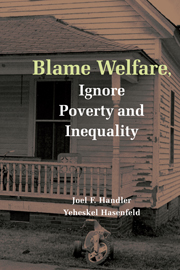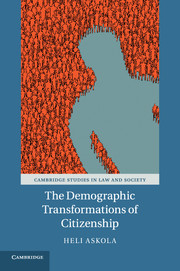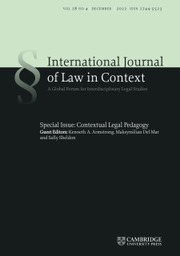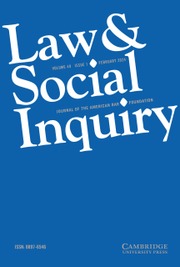Blame Welfare, Ignore Poverty and Inequality
With the passage of the 1996 welfare reform, not only welfare, but poverty and inequality have disappeared from the political discourse. The decline in the welfare rolls has been hailed as a success. This book challenges that assumption. It argues that while many single mothers left welfare, they have joined the working poor, and fail to make a decent living. The book examines the persistent demonization of poor single-mother families; the impact of the low-wage market on perpetuating poverty and inequality; and the role of the welfare bureaucracy in defining deserving and undeserving poor. It argues that the emphasis on family values - marriage promotion, sex education and abstinence - is misguided and diverts attention from the economic hardships low-income families face. The book proposes an alternative approach to reducing poverty and inequality that centers on a children's allowance as basic income support coupled with jobs and universal child care.
- Comprehensive and made for the general reader
- Multidisciplinary exploration of the major policy issues, poverty, poor families and low-wage labor market
- Provides alternative approach to reducing poverty
Reviews & endorsements
"This book challenges the conventional wisdom that welfare reform "worked." Handler and Hasenfeld, well-known experts in this field, contest that view, bringing to bear a wealth of data on poverty, inequality, and welfare policy. They conclude that welfare reform was built around "myths" regarding the individual deviance of the poor. Instead, they argue that structural conditions in society and the economy are the underlying sources of poverty and inequality and must be addressed with new policy solutions. This book is essential reading for anyone concerned with these crucial issues."
--Evelyn Z. Brodkin, Associate Professor, School of Social Service Administration, The University of Chicago
"This is an enormously valuable work, bringing together historical perspective, extensive knowledge and a wide range of research findings in support of a forceful argument that our nation needs to move beyond debates about welfare reform and make a major commitment to addressing poverty and inequality."
--Mark Greenberg, Executive Director, Task Force on Poverty, Center for American Progress
"There is a broad consensus across most of the political spectrum that the 1996 welfare reform successfully ended welfare as we knew it...the welfare rolls were cut in half, more single mothers entered the labor force, and child poverty fell modestly. Handler and Hasenfeld challenge this conventional wisdom and emphasize instead that welfare reform is no substitute for antipoverty policies. They propose that government provide a basic income for families with children, reform the low-wage labor market, improve child care and expand community-based services so that we can end poverty as we still know it. Anyone interested in the future of social welfare policy should read this book."
--Sheldon Danziger, H. J. Meyer Distinguished University Professor of Public Policy, University of Michigan
"There is much to be recommended in this book. It brings together an extensive body of research findings to make the case that the U.S. needs to move beyond current contentions over welfare reform and make a strong commitment to reducing poverty and inequality. The authors are especially good at exposing the myths about welfare programs and welfare recipients. They also provide an excellent exposition of the internal workings of welfare bureaucracies as well as the many reasons why welfare programs generate widespread public opposition but rarely achieve their intended goals. Assertions relevant to the issues under discussion are amply supported with references to studies and articles that represent the state of contemporary scholarship. And, anyone interested in the innerconnectedness of poverty issues and the major alternatives to our current social welfare policy should read this book."
--American Review of Politics
"highly valuable book....The table of acronyms thoughtfully provided at the beginning of this book is a definite help....the authors do an effective job of interweaving changes in policy with the changing demographics of poverty in the United States....provide a clear and useful explanation of the difference between entitlement programs....this material would be of value to students either of US welfare policy or of changes in social stratification....this volume presents a valuable supply."
--Kathleen C. Martin, Boston University, Journal of Social History
Product details
November 2006Hardback
9780521870351
416 pages
243 × 161 × 32 mm
0.706kg
15 tables
Available
Table of Contents
- 1. Introduction
- 2. The state of poverty: TANF recipients
- 3. The response to poverty and inequality: the welfare state
- 4. Demonizing the single-mother family: the path to welfare reform
- 5. The welfare bureaucracy
- 6. Work and the low-wage labor market: mothers and children
- 7. Welfare reform and moral entrepreneurship: promoting marriage and responsible parenthood, and preventing teenage pregnancy
- 8. Addressing poverty and inequality.







